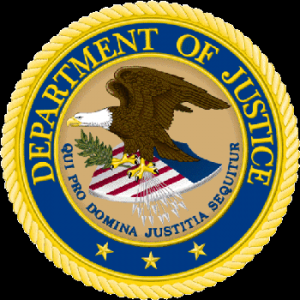LOS ANGELES
 Federal authorities have arrested two Illinois residents named in an indictment that accuses five defendants of conspiring to unlawfully export to Russia defense articles – specifically, thermal imaging riflescopes and night-vision goggles – without a license in violation of the Arms Export Control Act.
Federal authorities have arrested two Illinois residents named in an indictment that accuses five defendants of conspiring to unlawfully export to Russia defense articles – specifically, thermal imaging riflescopes and night-vision goggles – without a license in violation of the Arms Export Control Act.
The indictment also accuses all five defendants of conspiring to smuggle thermal imaging devices from the United States and file false export information to conceal their activities.

The indictment, which was returned by a federal grand jury on May 26 and unsealed following the arrests on June 17, outlines a nearly four-year scheme in which the defendants purchased dozens of thermal imaging devices – most of which cost between $5,000 and $10,000 and are controlled by the International Traffic in Arms Regulations – from sellers across the United States.
The defendants allegedly obtained many of the items using aliases, falsely assuring the sellers that they would not export the items from the United States. The thermal imaging devices were then exported to co-conspirators in Russia using aliases and false addresses to conceal their activities, according to the indictment.
 The defendants hid the thermal imaging devices among other non-export-controlled items when exporting them to Russia, and they falsely stated on export declarations that the contents of their exports were non-export-controlled items with values of less than $2,500, the indictment alleges.
The defendants hid the thermal imaging devices among other non-export-controlled items when exporting them to Russia, and they falsely stated on export declarations that the contents of their exports were non-export-controlled items with values of less than $2,500, the indictment alleges.
In no case did any of the defendants obtain the required export licenses to export defense articles to Russia.
The two defendants arrested on June 17 in Illinois are Elena Shifrin, 59, of Mundelein, Illinois, and Vladimir Pridacha, 55, of Volo, Illinois.
These two defendants made their initial court appearances last week in the United States District Court in Chicago and were released on $100,000 bond.
The other three defendants named in the indictment are: Boris Polosin, of Russia; Vladimir Gohman, of Israel; and Igor Panchernikov, an Israeli citizen who, during much of the scheme, resided in Corona, California.
The defendants are presumed innocent unless proven guilty. If convicted of the charges, the defendants are facing up to 25 years in prison.
